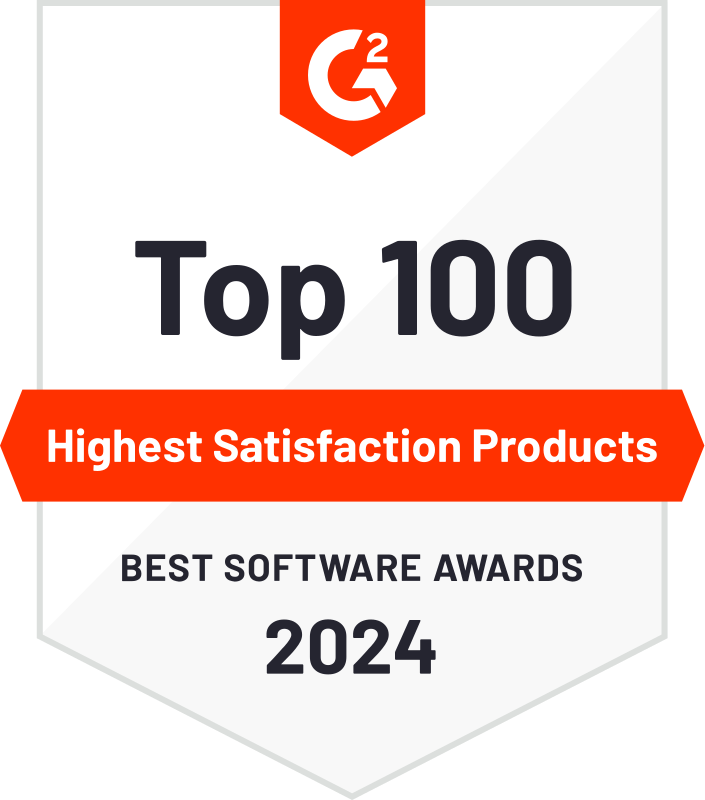Seamless facility management behind the scenes
Your customers should never be affected by unplanned maintenance work. Limble helps you prevent equipment from breaking down, plan for routine tasks, and keep everything running smoothly from the guest point of view.
Preventive maintenance
Stay on top of PMs so you’re never out of commission during crucial production hours.
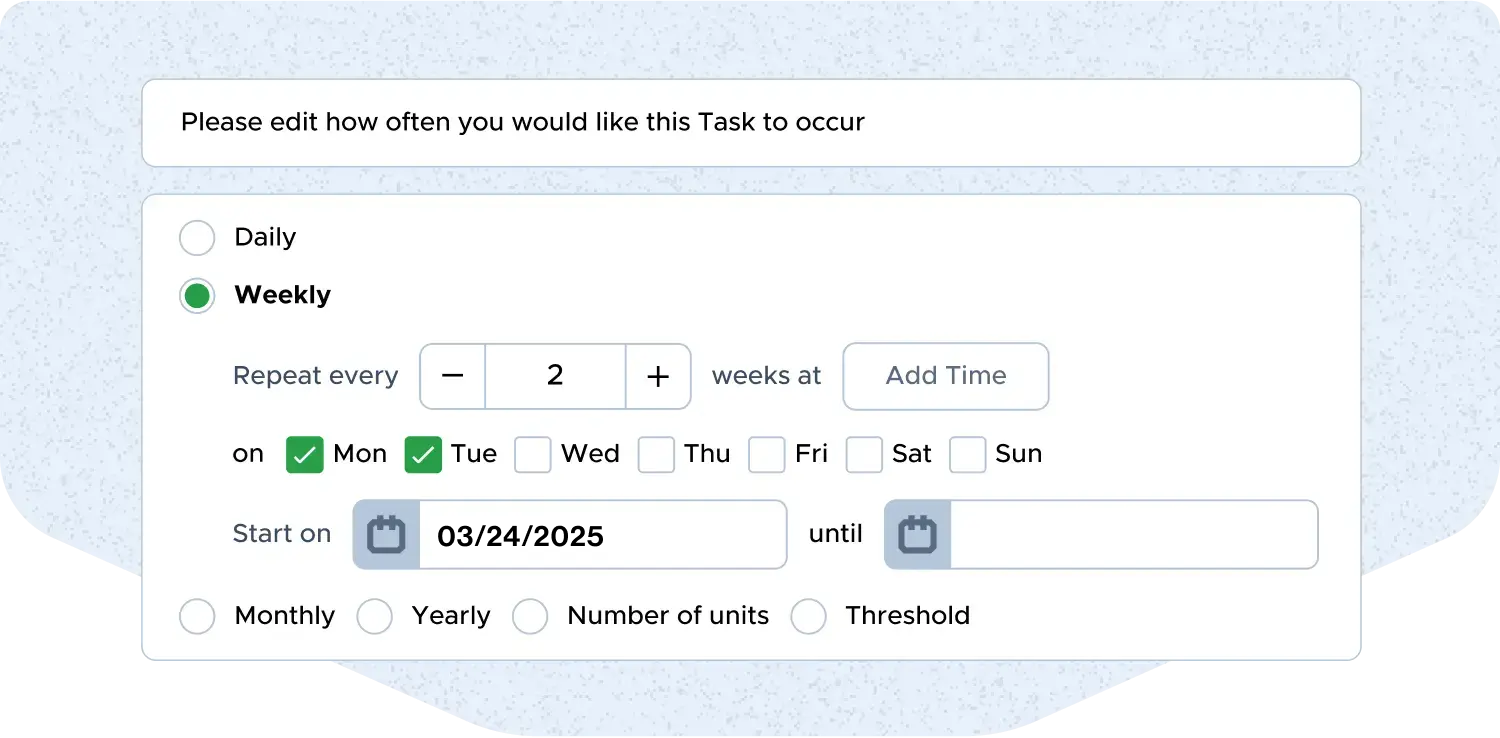
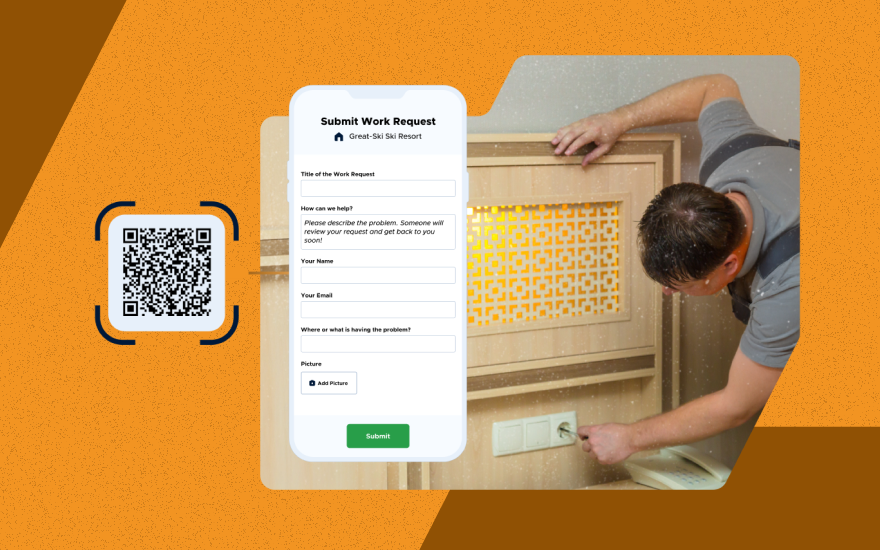
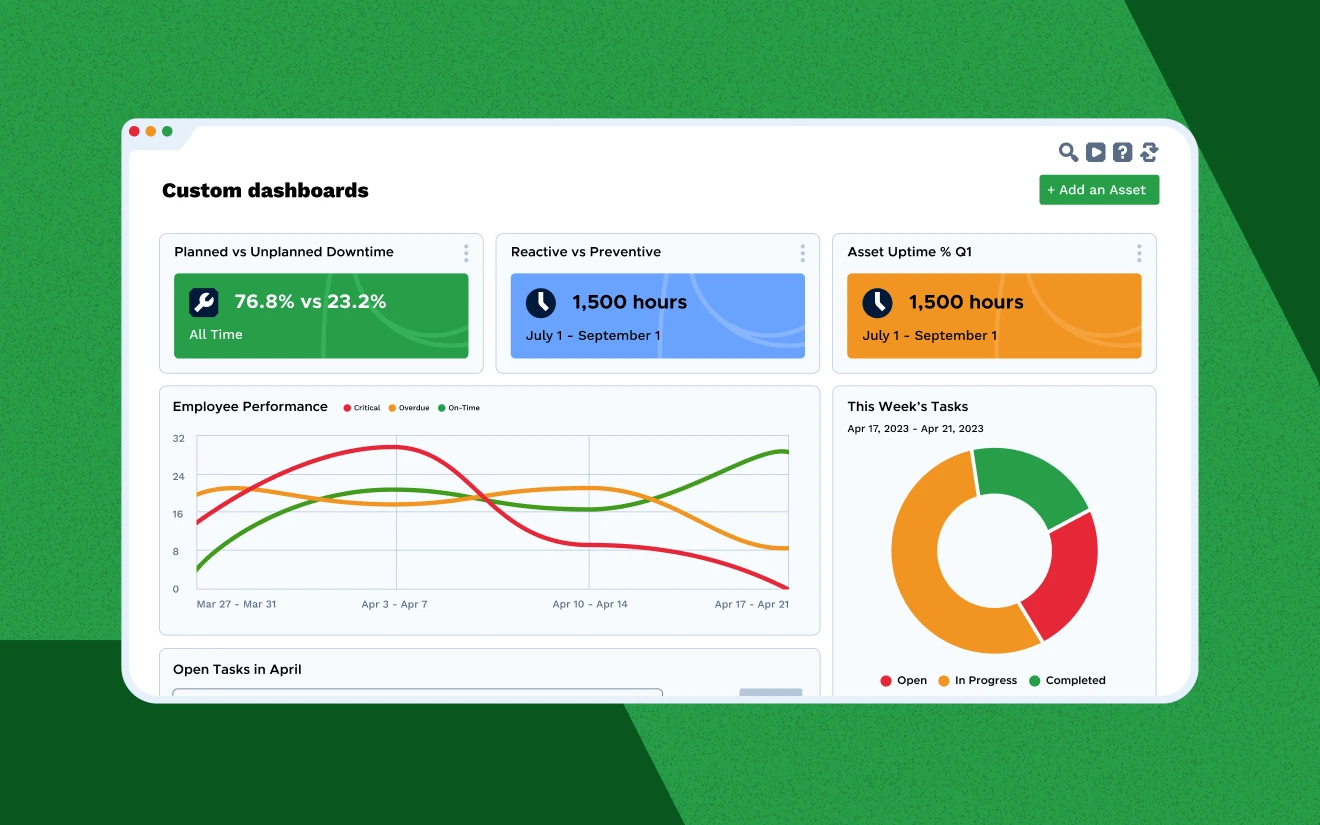
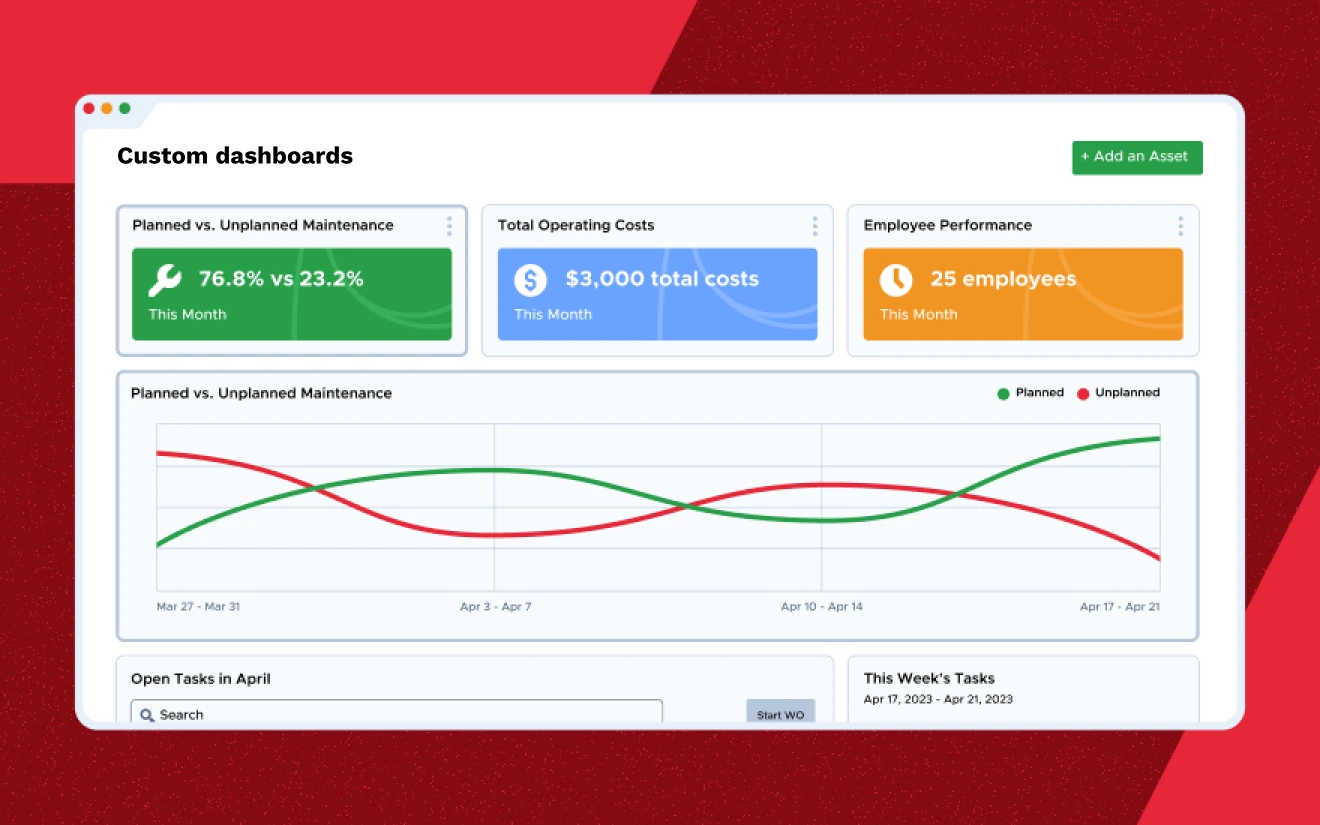
Simplify maintenance for large hospitality portfolios
Hospitality brands with large facilities and multi-property portfolios use Limble to scale maintenance tasks, PMs, and asset management without adding unnecessary complexity. Configure flexible templates and settings to your requirements for safety, compliance, and quality of service.
Hear it from our customers

Reducing administrative burden
Hogle Zoo saved hundreds of hours of admin time they can now spend on their nonprofit goals.
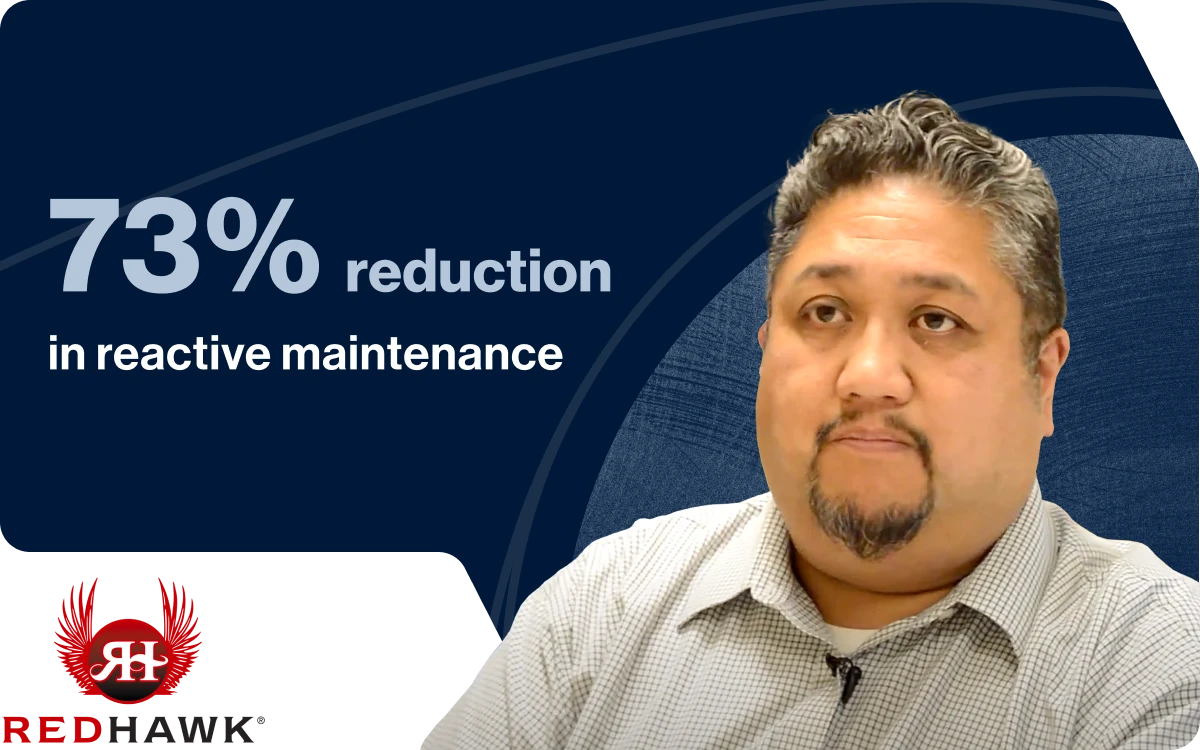
Turning reactive to proactive
Red Hawk Casino saw a 73% reduction in reactive maintenance after implementing Limble.


